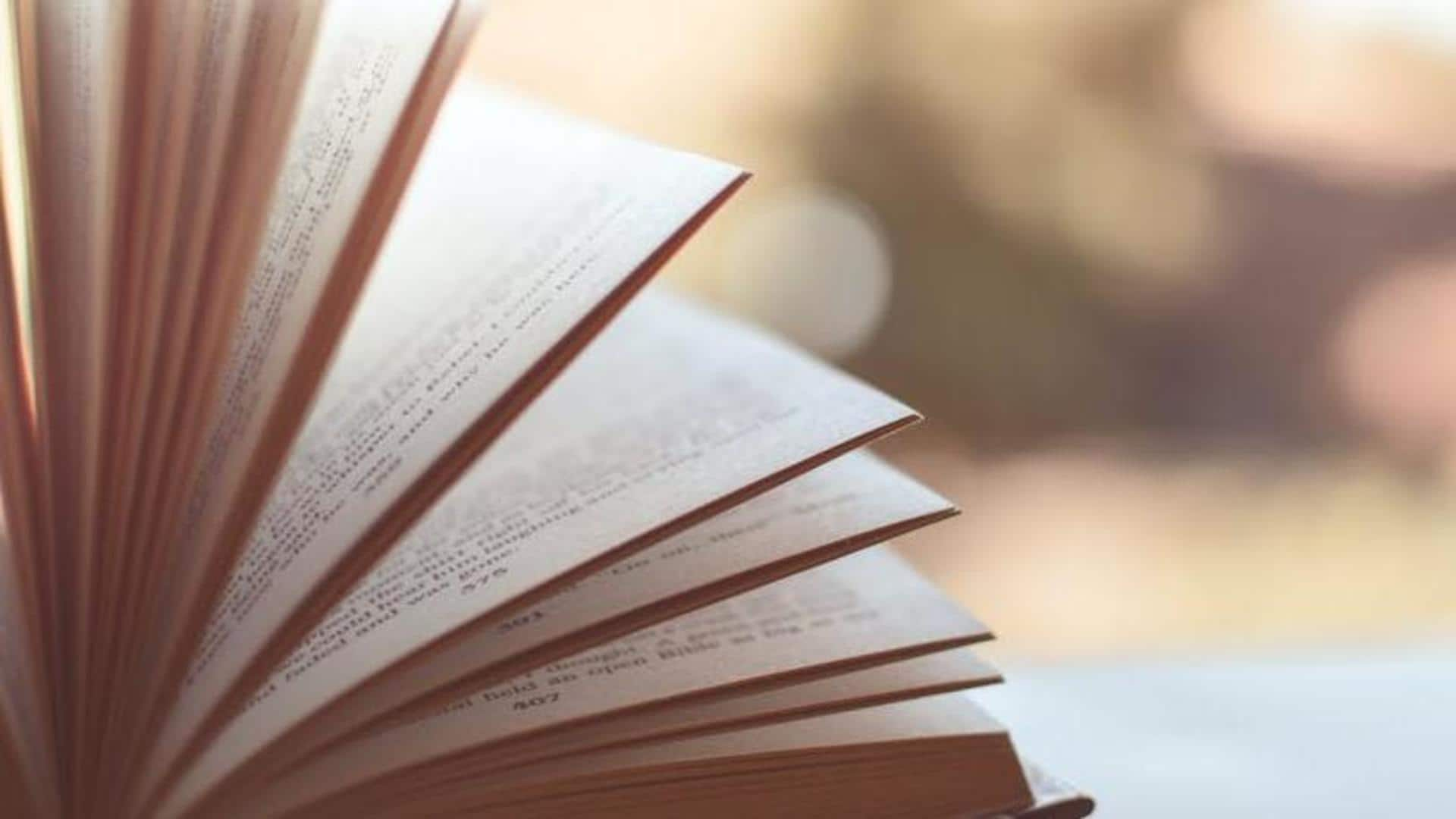
Here's how you can take care of books at home
What's the story
Books occupy a deeply cherished space in our hearts, thanks to the timeless stories, knowledge, and boundless imagination they offer. However, they are susceptible to damage from pests and can tear easily. Thus, preserving books becomes crucial for their lasting significance You can increase the longevity of books if you handle and store them properly. Check out these tips.
Tip 1
Keep your books safe from bugs
Silverfish, termites, rats, and cockroaches are vermin that eat pages, lay eggs, and leave behind yellowish/brownish spots or stains on the pages. Remember to keep moisture and dust under control to avoid leaving behind any detritus that can serve as a pest magnet. Store books in plastic bins with secure lids and use desiccant packets or insect repellent sachets to deter insects.
Tip 2
Avoid eating or drinking while reading
No matter how cautious you are while eating or drinking, spills are always a potential risk. To avoid stains, keep your book away from food and alcohol. In the unfortunate event of a spill, damaged pages may become unreadable. If you must eat, put your book down and take a break. Always remember to wash your hands before picking up your book again.
Tip 3
Keep your books away from direct sunlight
Sun's UV radiation can damage book covers and pages. Try to position bookcases in a room's shaded corner. Keep a check on the room temperature. Make sure the book space is not damp or humid as this could promote the growth of mold. Keep your books away from heaters and heating vents because too much heat will hasten its deterioration.
Tip 4
Keep an eye on the book's spine
The spine is the main support that essentially binds all the pages of together. Always handle books gently and avoid opening or bending them too widely to prevent the spine from breaking apart. The spine can also be damaged when a book is opened and placed face down. Always handle books by gripping the middle of the spine.
Tip 5
Avoid repairing torn pages with tape
It is not recommended to use common adhesive tape, glue or rubberbands to fix damaged books. Since this tape reacts to pressure, your books may eventually sustain greater harm. Glues can also easily destroy the pages. Keep sticky notes and stickers away from books as well. Additionally, use flat bookmarks. Avoid folding the pages or using other stationaries as bookmarks.
Tip 6
Dust regularly
Over time, our books become increasingly susceptible to dust, dirt, and various contaminants. Use a clean, soft cloth or a handheld vacuum with a gentle cleaning brush to occasionally dust bookcases and shelves. Additionally, for better protection, purchase clear plastic covers that are specifically made to wrap around the covers of your books. This is extremely beneficial while traveling.